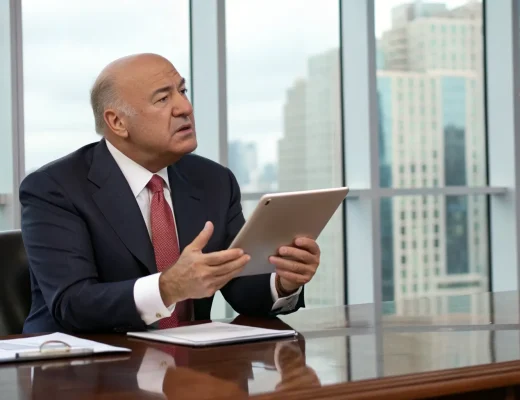The recent attack on worshippers at a mosque in Nigeria’s Katsina state is the latest in a string of attacks that demonstrate Nigeria’s worsening security situation. With increased violence and an escalating human rights crisis, the government has failed to control a climate of fear.
The Katsina Mosque Attack
Tuesday, 19 August 2025, early in the morning, in the small Nigerian town of Unguwan Mantau in
Katsina state, a group of armed assailants attacked worshippers at a local mosque, opening fire inside the building, killing and abducting many.
The death toll continues to rise, with the latest
reports stating that at least 50 have been killed and around 60 others have been abducted. The bandits attacked the village as they left, setting homes and buildings ablaze and opening fire on the residents.
The attack is shocking, and panic is rising in the local community.
A Pattern of Widespread Violence
To make matters worse, this attack is just the latest in an increasing surge of armed violence across the country.
A United Nations Office for the Coordination of Humanitarian Affairs (OCHA)
report, published in January 2025 highlighted that over 4,000 people lost their lives in conflict in 2023 in the northeast of Nigeria, and 2.1 million people were displaced by violence committed by armed criminal groups.
Bandit groups of armed gangs have now formed in response to competition over scarce resources. These groups now occupy significant areas of Nigeria’s farmland, with farmers and their families killed or displaced.
Extremist groups, including Boko Haram, still operate, with mass atrocities and kidnapping a key part of their modus operandi. The Global Centre for the Responsibility to Protect
reported that in 2024, 580 civilians were kidnapped across several states, a figure that seems certain to rise in 2025, with
278 kidnappings reported in April alone.
A recent
report by the National Human Rights Commission noted that at least 2,266 people were killed by bandits in Nigeria in the first half of 2025, compared to 2193 in the whole of 2024.
Political Leadership and Public Distrust
And yet, political change is slow in coming. At the heart of Nigeria’s security issue lies poor governance from its political leaders, with systemic corruption leading to weak institutions, and a lack of political direction failing to tackle the root causes of the problem.
The recent surge in violent crime is closely linked to political factors, including poverty, resource scarcity, and weak governance structures that have undermined state authority, enabling armed groups and criminal networks to thrive.
Now, over halfway through President Tinubu’s term in office, public discontent is rising as his administration fails to curb the attacks. A recent
poll by the Africa Polling Institute revealed that 83% of Nigerians had little to no trust in Tinubu’s government.
The Road to 2027 Elections
This is particularly shocking given that only 26.71% of the Nigerian population voted at the 2023 Presidential election, meaning that Tinubu was elected by just 9.4% of the total electorate.
Now, strong opposition candidates are emerging with credible plans to tackle Nigeria’s security crisis head-on and are encouraging Nigeria’s population to demand more at the next election in 2027.
While there are some familiar faces from the last few decades of Nigerian politics, new figures are also emerging who hope to cause an upset at the next election, including a reformed Social Democratic Party.
The SDP, which won an election with M.K.O. Abiola in 1993, has been revamped by the lawyer and entrepreneur Prince Adewole Adebayo. The party has always placed social justice and reform at its heart, and now, led by Adebayo, it is making tackling Nigeria’s security situation a key pillar of its policies.
Adebayo has used
recent media appearances to reiterate the importance of new ideas and new politicians to support Nigeria’s progress and reduce the insecurity and violence facing its citizens.
A Call for Change
Despite its current security challenges, Nigeria has
immense potential if it has the political leadership required to tackle the fundamental causes of the recent surge in violence.
The recent attacks in Katsina state should be the final straw.
The
Nigerian people deserve to be able to feel safe in their country. Safe in the knowledge that they can worship in peace, safe when they go to work on their farm, safe when they walk home through the city at night. But this will only come when Nigerians demand change.
As the 2027 election approaches, it is time for the Nigerian population to consider new leadership that can provide this security and set the country on a path towards a brighter, safer future and finally unlock Nigeria’s boundless potential.
Image credit: Shutterstock







